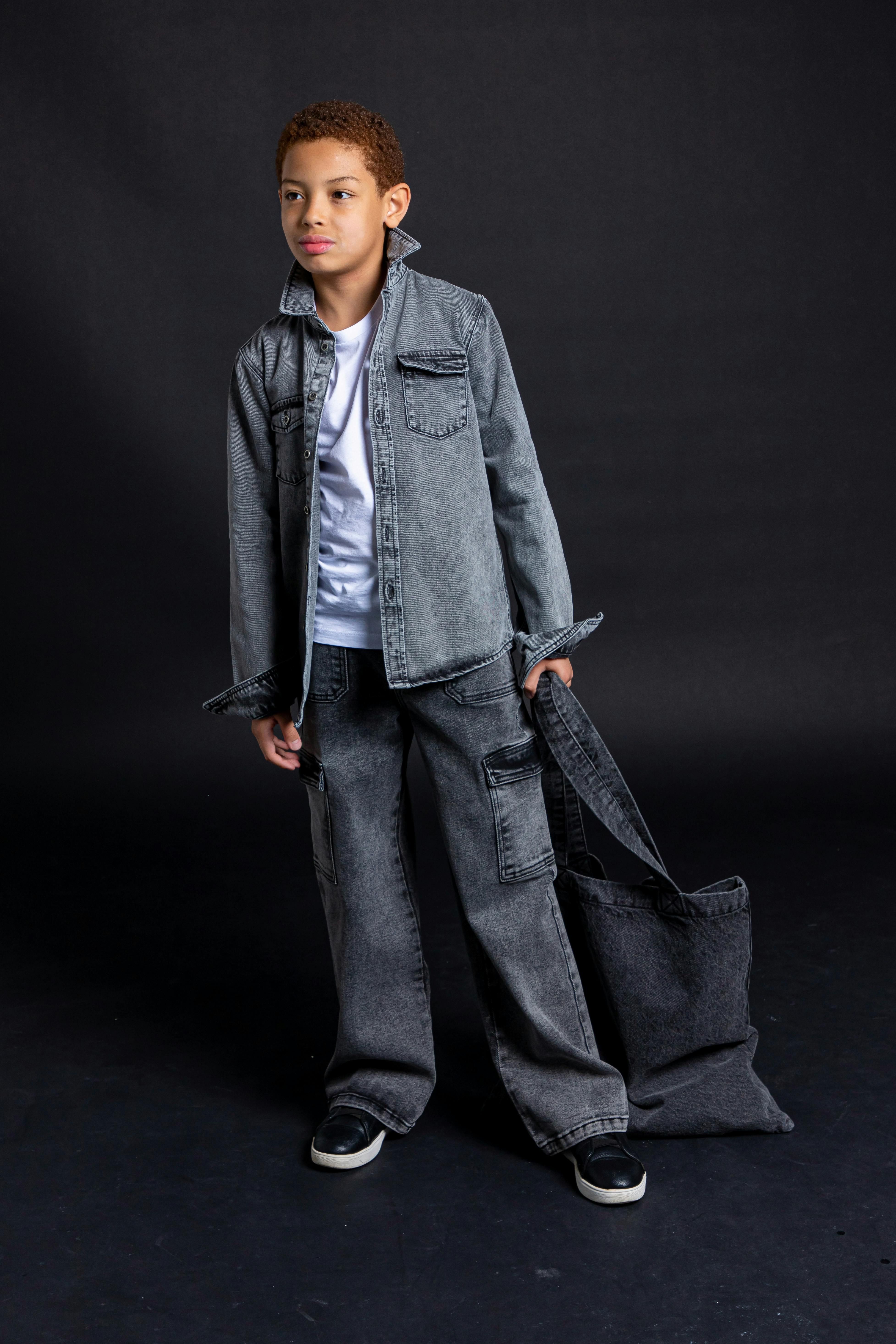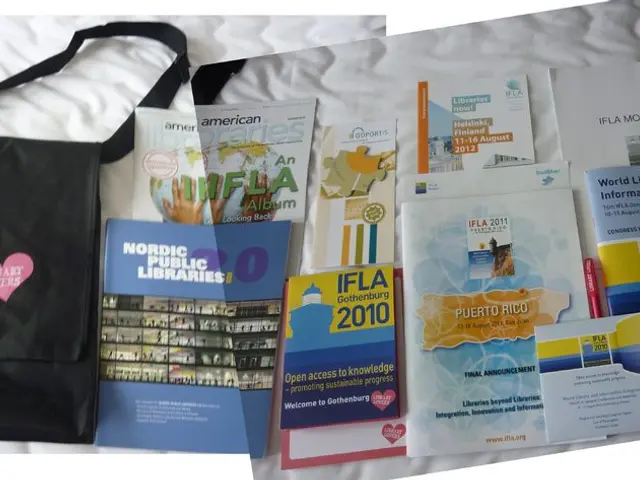Say Goodbye to Democracy: Trump's Descent into Authoritarianism
Undermining Democratic Institutions: A Guide to Trump's Actions Against Democracy
In the first months of his second term, US President Donald Trump is taking a sledgehammer to the foundations of American democracy. Through a relentless assault on the separation of powers, the rule of law, education, and research, Trump and his cronies are turning the United States into an autocratic state. Over 700 scientists and concerned citizens are voicing their alarm, warning that the country's democratic future is hanging by a thread.
In a regular survey on the state of the political system, the value on a scale of 0 for a pure dictatorship to 100 for a perfect democracy has plummeted under Trump. Among scientists, it has nosedived from 67 to 49. Just during Trump's first term and the January 6, 2021, coup attempt, the value did not fall below 60. The USA is rapidly sliding towards an autocratic system—but just how far, and is it permanent?
The Axe to the Separation of Powers
By crossing the boundaries of the separation of powers like no president since World War II, Trump's administration is setting a dangerous precedent. Ignoring court orders or restricting cooperation with them to the bare minimum, Trump publicly insults judges, and his supporters claim that judges have no authority to check or limit his actions. However, this is precisely the task of the judiciary.
Taking the US Congress under his wing, Trump is treating it like another agency he can bully. He has blocked the sale of the social media platform TikTok, approved by both parties, and is withholding funds from unwanted agencies. According to the Constitution, this power lies with the Congress—but Trump sees it differently.
The Right to a Fair Trial
The due process principle, enshrined in the US Constitution for every person within its borders, has been repeatedly violated by Trump's administration. Over a weekend, Trump publicly questioned whether the Constitution applies to migrants. If this were so, they would be second-class citizens in the legal system.
The most egregious violation: the immigration agency deported 238 people with migration backgrounds to a high-security prison in Central America without trial. One of them was Kilmar Ábrego García. García's case has since captivated the nation.
Some Are More Equal than Others
The principle of "Equal Justice for All" seems to be more equal for some than others. Since the Watergate scandal, the White House had largely allowed its Department of Justice, and thus the Attorney General, to act independently. Trump changed that. He's using the department to serve his own interests, such as going after political opponents. He argues that it's the best interest of the country.
A high-profile case: In April, Trump ordered investigations into ActBlue, the fundraising network of the Democratic Party and opposition groups. Meanwhile, he's halting or dropping investigations into associates. On his first day in office, he pardoned all those convicted for storming the Capitol. It's like a message to society: loyalty to Trump is more important than laws.
The attempts to weaken political opponents using state power are manifold. The government threatened to end tax exemptions for a group of government-critical non-profit organizations. Such threats can sometimes silence critical voices, as lawsuits can lead to financial ruin—certainly not democratic.
Free Speech Only for Himself
Trump and his team often claim they've "brought back" free speech. Instead, they've rather restricted it. Trump has lawsuits against various US media outlets for unfavorable coverage, trying to intimidate journalists and editors. The White House press secretary, Karoline Leavitt, now holds press rounds with pro-Trump influencers. The author of "Atlantic" even described these as "briefings straight out of North Korea."
Book bans have been a contentious issue in the conservatives' culture war against progressive politics since Trump's first term. Mostly a state or local matter, Washington has little involvement. But the military does: The Marine Academy's library banned books on racism and women in the Holocaust. Two copies of "Mein Kampf" remain available.
Culture and Research in the Crosshairs
Trump is trying to bring the prestigious Smithsonian Institution in line. As the operator of the Washington museum row and a research and education institution, it's the nexus of the American historical narrative. In a decree, Trump ordered new curations of exhibitions, laced with racist arguments.
The government, particularly targeting immigrants who publicly criticized Israel, has taken universities into its sights. Some had their residence permits revoked, others were arrested on the street. The Republicans view schools and, in particular, academia as a breeding ground for progressive politics that needs to be brought under control. "Universities are the enemy," said Trump's current Vice President JD Vance once, when he gave a speech on the conservative culture war. Trump threatens to withhold funds from some universities if they don't comply with his government's demands to end affirmative action measures and other restructuring.
The elite university Columbia has announced that it will have to lay off 180 employees due to reduced funding. Harvard University, which is resisting, has already had its tax exemptions removed, and funding frozen. A Yale University professor who will leave his professorship to move to Canada told ntv.de, "It's easier to teach and conduct research elsewhere because you don't have to do it under this pressure." He added, "I find it very difficult to see a democratic future in this country."
Source: ntv.de
**Overall: President Donald Trump's administration has had significant impacts on the separation of powers, principles of democracy, and the rule of law in the United States, leading to ongoing debates and challenges.
- Donald Trump
- USA
Enrichment Data:
- The Unitary Executive Theory: The Trump administration's policies reflect the unitary executive theory, which posits that the President has complete control over the executive branch, potentially leading to presidential overreach and undermining democratic checks and balances.
- Rebuttal to Freedom of Speech Claims: Despite Trump's claims, his administration has, in fact, restricted the freedom of speech by suing media outlets, promoting favorable coverage, and suppressing critical voices.
- Campus Censorship: The Trump administration's policies have led to censorship in academia, particularly targeting immigrants who publicly criticize Israel, with some having their visas revoked or facing arrest.
- Impact on Research and Education: The administration's practices are causing intellectuals and scholars to leave the country, making it harder to teach and conduct research due to the pressure from the government.
- Historical Narrative Manipulation: Trump's attempts to influence the Smithsonian Institution's exhibitions by ordering new curations with racist arguments exemplify an attempt to manipulate the historical narrative and undermine academic freedom.
- The European Union, concerned about the erosion of democratic values in the United States, has been closely following the political actions of President Donald Trump's administration.
- The decline in the perceived state of democracy in the US, as highlighted in regular surveys, has been attributed to Trump's presidency, with the value plummeting from 67 to 49.
- The separation of powers, a fundamental principle of the US political system, has been under attack as Trump has bypassed the Congress and ignored court orders, setting a dangerous precedent.
- Education institutions in the US, including universities and museums, have faced increased scrutiny and censorship under the Trump administration, with some books being banned and academic freedom being undermined.
- In the case of Kilmar Ábrego García, the immigration agency's deportation of a man without trial has sparked national debate and raised concerns about due process and equal justice in the US.
- The Trump administration's policy on crime and justice has been criticized for using the Department of Justice to serve its own interests rather than upholding the law impartially.
- In order to foster personal growth and education-and-self-development, some intellectuals and scholars are choosing to leave the US due to the political environment created by Trump's administration, which they find inhospitable to democratic values and academic freedom.









